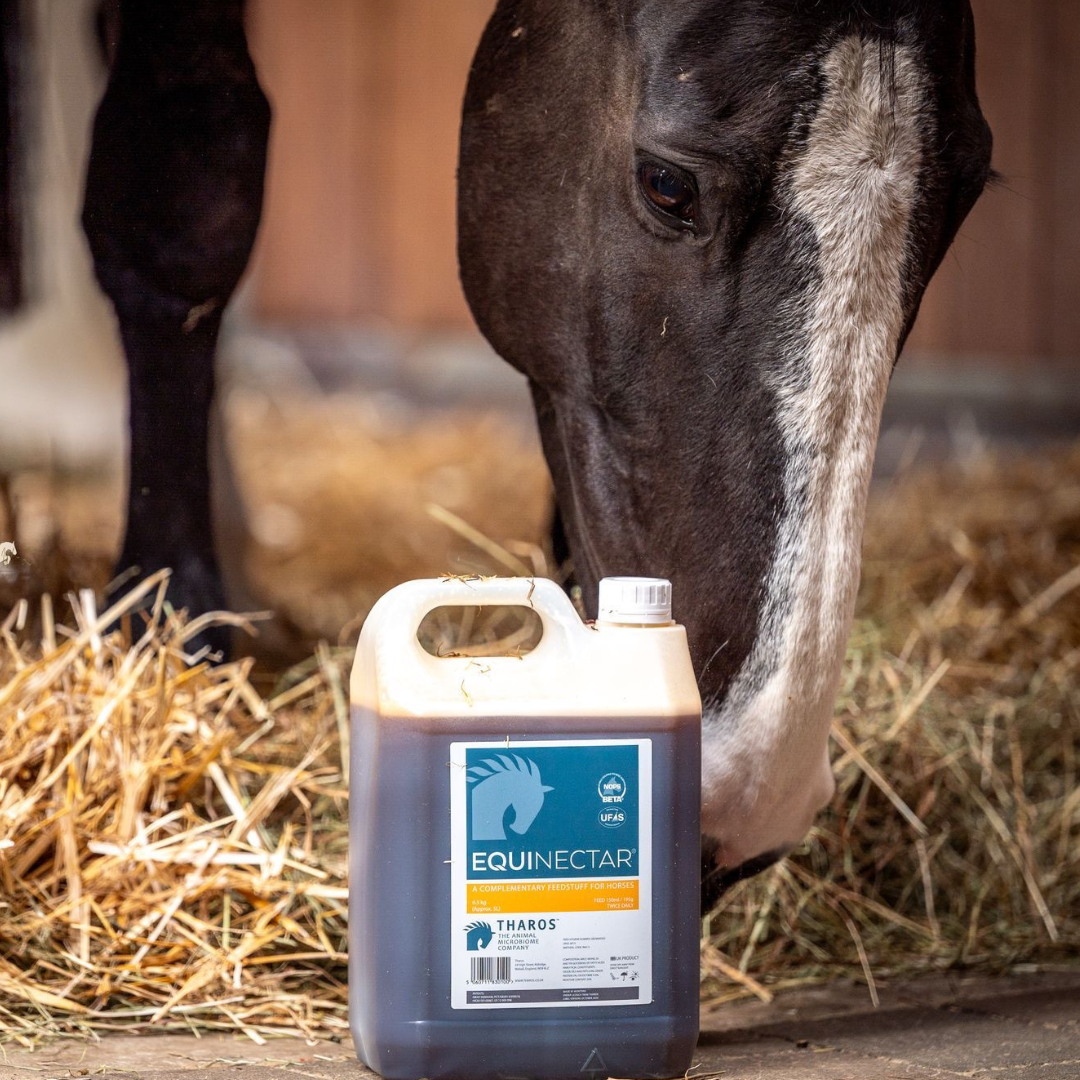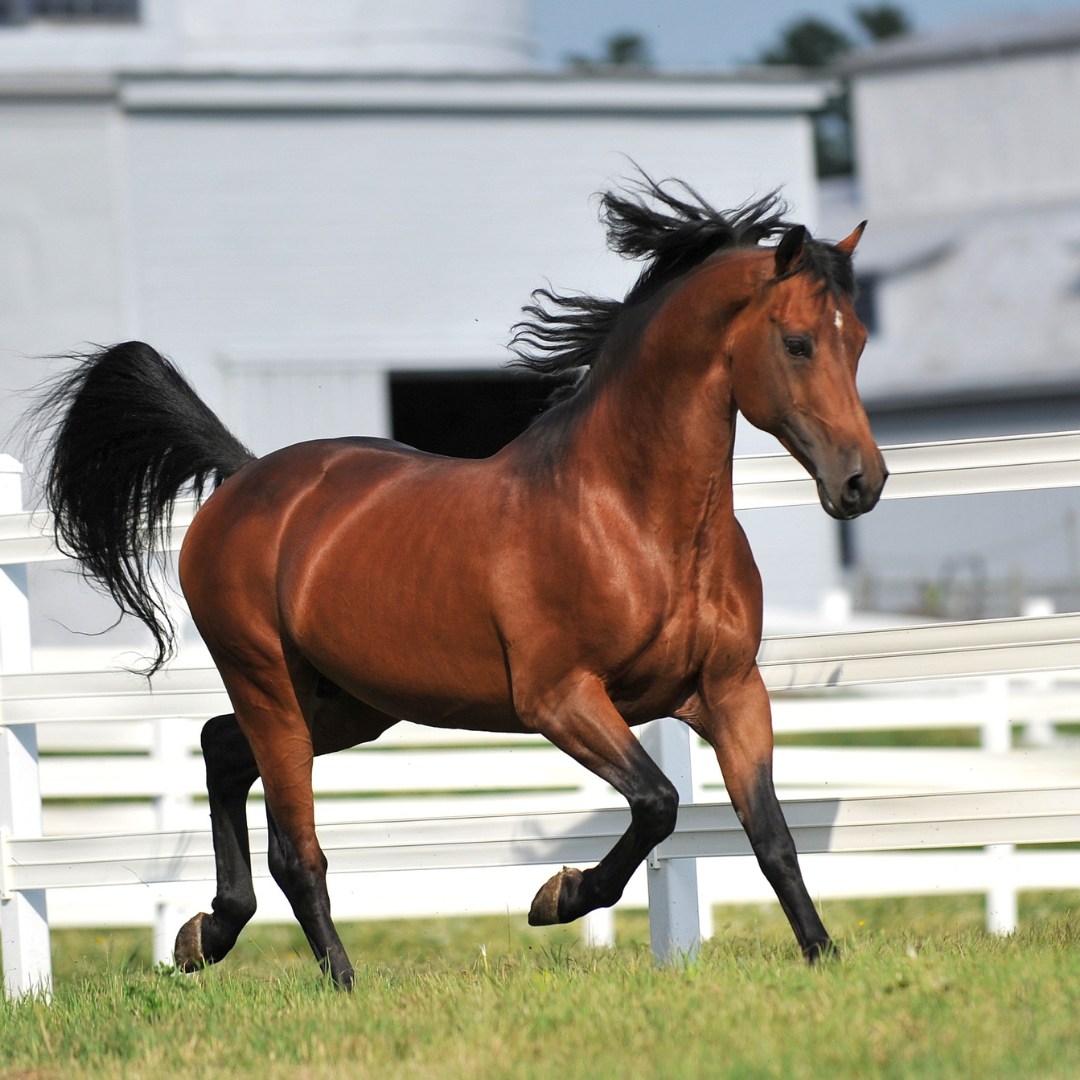I’ve had Maisie since she was a foal. She’s a Welsh x Irish Sports Horse, standing at 15 hands and is a skewbald. We started her training at age four, but I had to pause her training when I deployed overseas with the Royal Air Force as a medic. After returning, we resumed her training gradually, focusing on groundwork and voice commands.
Everything went smoothly, and we transitioned to riding. We quickly discovered that her flatwork was exceptional, showing a natural talent. After much schooling, with minimal supplements or special feeds, we began attending local shows. In her first season, she excelled, earning numerous trophies, rosettes, and sashes, quickly becoming a favorite in the local community.
After this success, we concentrated on dressage training at home, with hopes to compete for the military and in British Dressage. Over the years, she exceeded all our expectations and currently competes at the Elementary/Medium level in dressage. However, we faced challenges. Three years ago, Maisie showed signs of ulcers—she was very sensitive around her girth area, bloated, and had loose stools. Always eager to work and incredibly resilient, I felt it was my duty to provide her with the best care possible.
Like many concerned horse owners, I did extensive online research, consulted social media, and reached out to friends for advice. While I won't list all the supplements we tried, many were tested, which was financially draining. It was disheartening when nothing seemed to work. Growing increasingly desperate, with a feed room full of ineffective products, I consulted a veterinarian. After examining Maisie, no ulcers were found, but the vet suspected a hindgut issue.
After administering omeprazole as a precaution, I continued my online research. During one particularly frustrating session, I discovered Equinectar®. The scientific backing was impressive, and user reviews were positive. I asked for feedback on Facebook, and by that evening, after exploring their website, I was convinced it was worth trying.
The first week of using Equinectar® was slow, but by the second week, I noticed signs of improvement. Her stools normalized, and her dressage girth fit properly again. A month later, her coat was shining, bloating had decreased, and she seemed much more comfortable. Her appetite improved to the point where she eagerly awaited her meals.
Now, six months in, I can’t imagine stopping this supplement. It has made my beloved horse not only more comfortable and happy but also saved me money. If humans benefit from good pre/probiotics, why shouldn’t our equine companions? Maisie’s daily intake costs just $1.25 a day, compared to the $2–3 I spend on my daily Kefir yogurt—it’s a no-brainer. In fact, I’ve joked about trying the supplement myself!
We’re on an upward trajectory, having been selected for the British Dressage England Nationals Team this month—an incredible achievement—and the UK Armed Forces Equestrian Championships senior dressage team. I will continue to advocate for this product. I empathize deeply with horse owners who face similar challenges and want to share this potential solution.






Share: